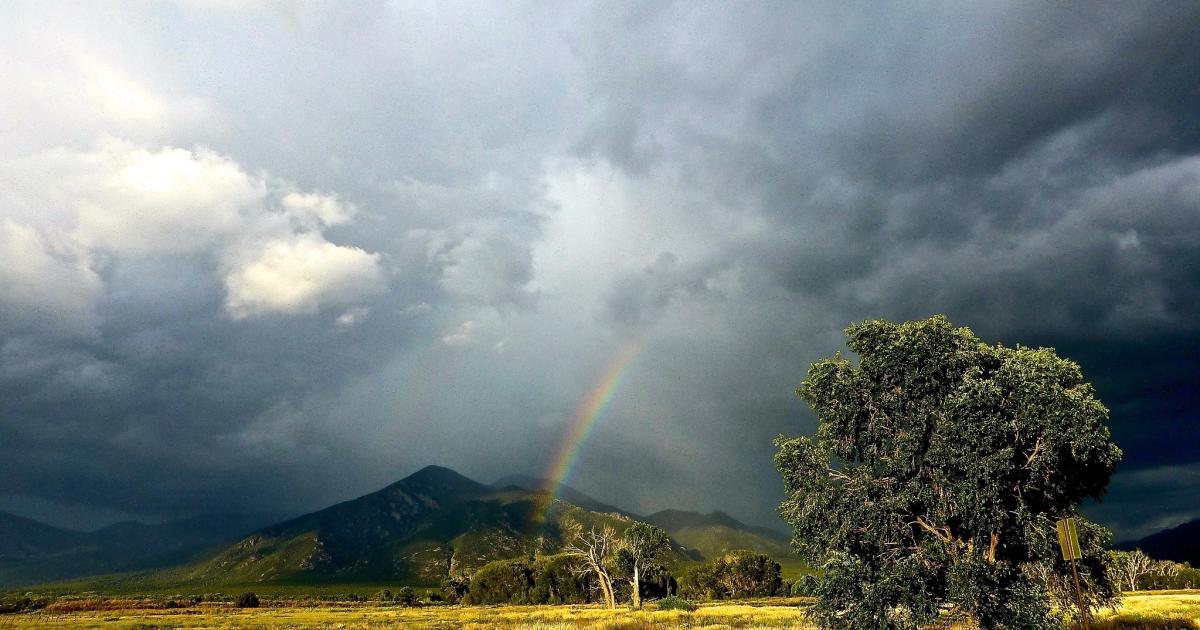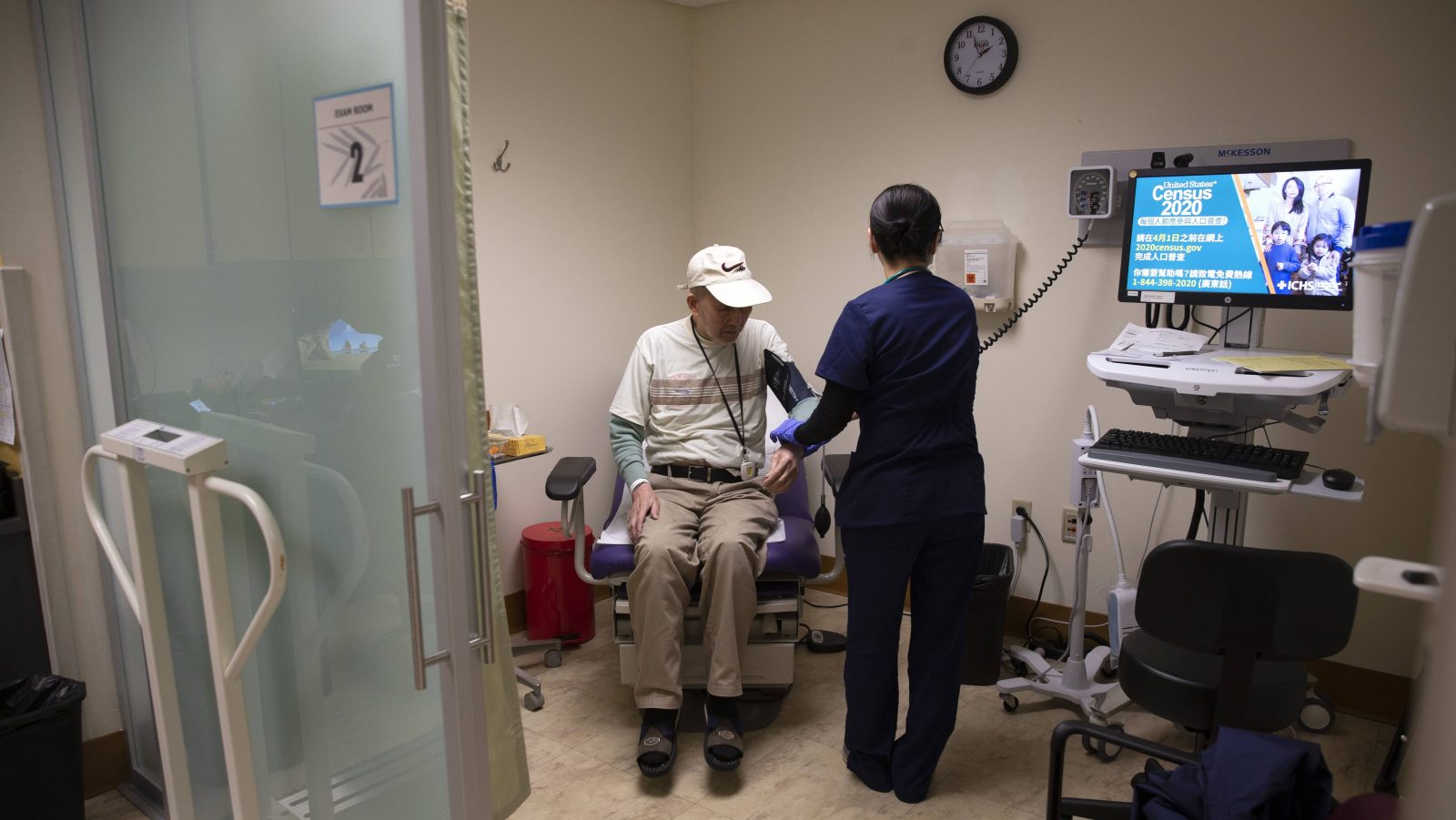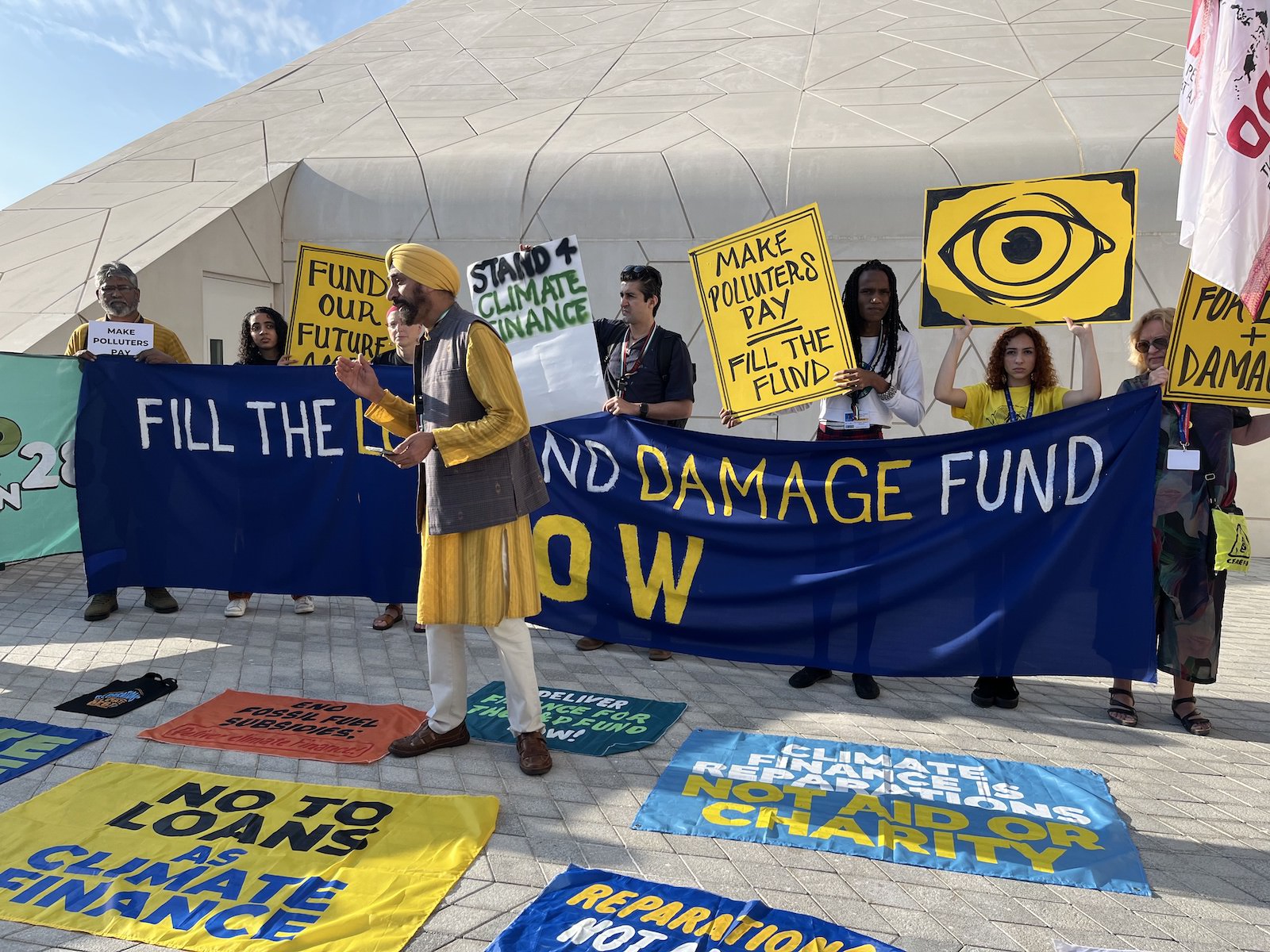Pessimism
The 1.5°C climate pledge is on life support. And the world’s largest corporations and richest nations need to step up to the mark.
We’re used to broken climate promises. At the 2015 Paris Agreement, developed nations promised $100 billion per year to fund initiatives tackling the effects of climate change. That target has been missed by several billions of dollars.
In 2022, UN secretary-general António Guterres said we’re “sleepwalking to climate catastrophe”. But one of the awful things is that we’re not sleepwalking. We’re aware of the science, the maths, the very real impact of the climate crisis – and yet world leaders seem relatively slack, occasionally making a speech or two and hoping it’ll fix itself.
Like world leaders, too many people seem satisfied with the idea that governments have things in hand. Yes, things are being done and tangible, implementable initiatives are more common that this time last year. But we’re still not on target to mitigate global greenhouse gas emissions and cut down on fossil fuels.
The narrative around climate is overwhelmingly negative for very clear reasons. But that negativity and pessimism is fuelling inactivity and a deadly bury-your-head-in-the-sand attitude.
Humanity
Yuval Noah Harari – a historian who’s currently making a strong stand against the awful attempts of the Israeli government to limit the powers of the Supreme Court – was the first to make me think about the importance of storytelling and narrative when facing problems on a global scale.
Harari believes that “we have a narrative problem with climate change” as we are up against a non-human enemy. The success of humans collaborating at a large scale is the power of good stories.
Changing the climate narrative is important if we want international collaboration. We need to accept that we’re all hypocrites when it comes to the climate. It’s near impossible to have no negative impact on our planet during our lifetime. The ‘perfect’ environmentalist doesn’t exist. It’s an issue beyond individuals which requires individual actions.
But not one that’s so overwhelming that it becomes something we can’t handle. Like Harari, I think we need to focus on investing two per cent of global GDP – around $2.25 trillion in 2023 – on preventing climate disasters.
At the moment, we’re investing just under 1.5 per cent of global GDP, so a final push is needed. It’s not too difficult and a small amount to allocate for something that can save humanity. Shifting budgets is what politicians do, this is doable.
Preventative
According to Sapienship the social impact company founded by Harari and Itzak Yahav, ‘With a consistent investment of just two per cent, a carbon-neutral economy could be created by 2050’. And the International Monetary Fund (IMF) found that direct and indirect fossil fuel subsidies add up to over seven per cent of global GDP every year. That money can be better spent.
The IPCC’s 2018 report stated that to stay under 1.5°C, three per cent of global GDP needs to be invested in clean energy, preventing further climate catastrophes. Since 2018, one per cent is spent on clean energy. Only two per cent more is needed.
I’ve been lucky to work with many people directly and indirectly at the UNDP and wider UN who are committed to climate emergency initiatives. The UNDP is working on the ground with over 120 countries to step up to the challenges that the climate crisis poses.
The UN is providing assistance, helping nations with adapting to a greener economy, generating sustainable energy, getting to grips with net zero pathways, and more. Nationally Determined Contributions (NDCs) – countries’ self-defined climate pledges made at the Paris Agreement – are being supported by the UNDP, every detail is being planned and implemented.
This work is made possible partly due to countries like the UK, Sweden and Japan. The UNDP’s work is a step in the right direction but we’ve still got some way to go before giving ourselves a pat on the back.
Let’s be positive. The climate crisis is not unstoppable. We can stop it. We just need to put more pressure on world leaders to do more and hold governments to account, starting with investing just two per cent of global GDP on preventative measures. Many world leaders are listening, now they must act.
This Author
Joshua Lizarraga Curiel is a UN speechwriter and communications adviser.




